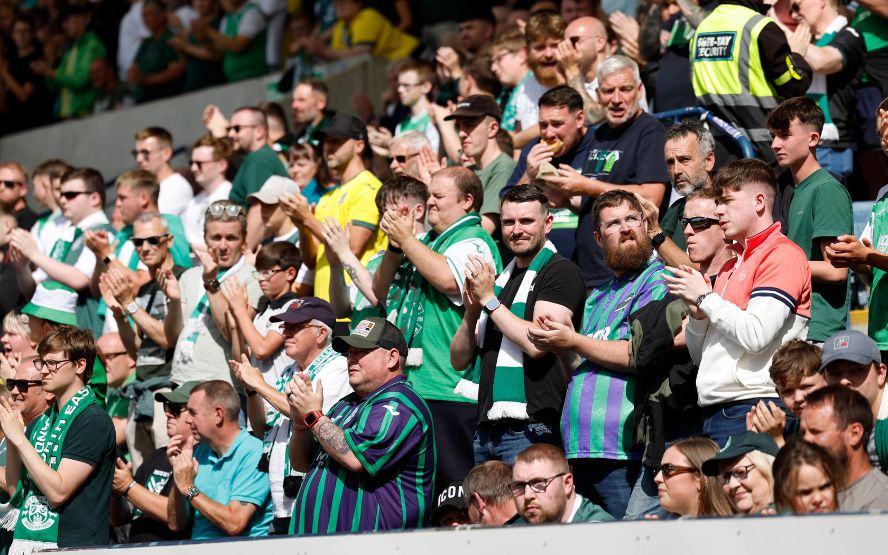A World Cup 2027 basketball pre-qualifier between North Macedonia and Romania was marred by racist and xenophobic chants targeting ethnic Albanians, sparking widespread outrage. The match, held in the recently renovated Kumanovo arena, turned controversial after a section of fans chanted hateful slogans including “Gas chambers for Albanians” and “A good Albanian is a dead Albanian.”
Romania won the match 80-72, but the result was overshadowed by the disturbing scenes from the stands. The incident has further exposed the fragile relationship between Macedonians and the country’s large Albanian minority, which makes up about a quarter of North Macedonia’s population.
The chants, reportedly coming from a small group of fans, caused a political uproar. The Democratic Union for Integration (BDI), the main Albanian political party, condemned the chants and criticized the silence of key authorities, particularly since the match was attended by top government figures including the Prime Minister and Kumanovo’s mayor. The BDI demanded the resignation of key Albanian government officials, accusing them of failing to protect public interest and dignity.
North Macedonia’s Prime Minister condemned the racist chants but claimed he did not notice them during the match. The Basketball Federation of Macedonia also issued a statement denouncing the incident, emphasizing that sport should unite people and not be used as a platform for spreading hate and division.
The city of Kumanovo distanced itself from the behavior of the fans, affirming its commitment to multi-ethnic unity and condemning any form of ethnic intolerance.
Tensions between Macedonians and Albanians are deeply rooted in both ethnic and religious differences, with historical flashpoints dating back to the late 19th century. The conflict peaked in 2001, leading to the Ohrid Agreement which granted Albanians greater cultural and political rights in the country.
This latest incident, however, serves as a troubling reminder of lingering ethnic divisions. The use of sports events as a platform for hate speech threatens not only inter-ethnic coexistence but also the integrity of regional sport. The incident has sparked calls for stronger enforcement of anti-racism policies in public arenas and more robust political accountability.

